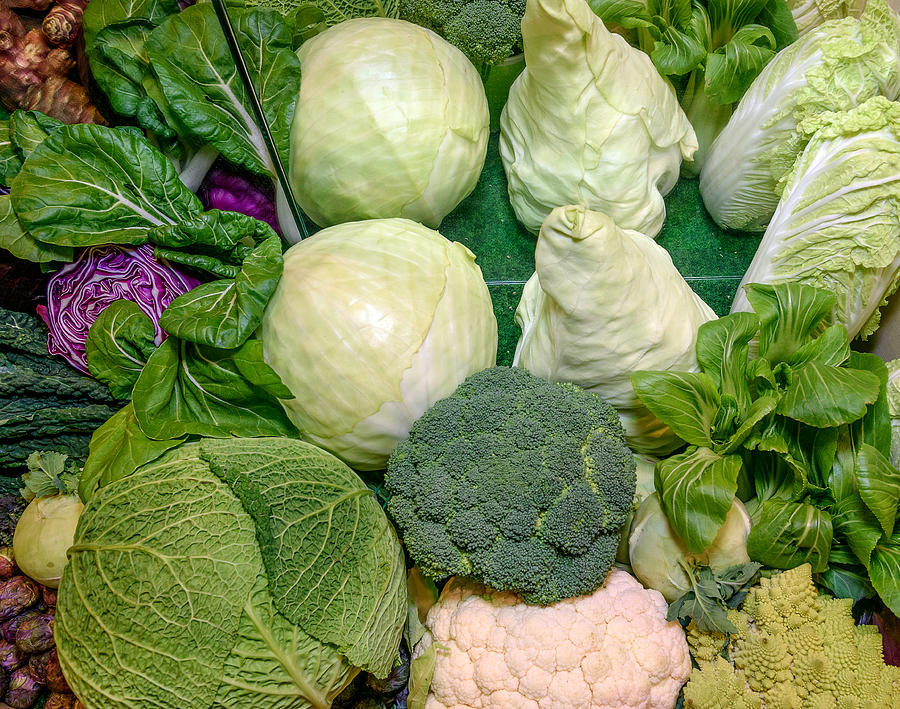
WHAT ARE GMOs?
GMO stands for “genetically modified organism”. Simply speaking, DNA that has been taken from another organism and modified through genetic engineering techniques into an organism’s genome to create both new and enhanced traits and phenotypes. The reason why GMOs were created was to make crops herbicide tolerant and pesticide resistant, to increase their nutritional content, to make them taste better and to reduce their growing time and increase their tolerance to fluctuating temperatures. GMO modifications were not only done on crops but farm animals as well.
GMOs litter our supermarket shelves today and it would be no surprise that you would have ingested some in your lifetime.

What is the impact on human health?
Food that is genetically modified have not undergone adequate testing to ensure their safety for human consumption. Human risks can include;
Allergic reactions
Antibiotic resistance
Immune suppression
Increased cancer risk
Unsuspected side effects
What is the impact of GMOs on the Environment?
Uncontrolled biological pollution
Threatening numerous microbial, plant and animal species with extinction.
Potential contamination of non-genetically engineered life forms with possibly hazardous genetic material.
Increased use of and dependence on toxic herbicides.
Harm to farming in deformed crops and increased pest resistance.
Crop failures.
Upsetting the balance of wildlife and the environment.
Creation of GM “Superweeds” and “Super-pests”.
Damage to food quality and nutrition.

How do we avoid GMOs?
The only guaranteed way to avoid eating GMOs is to buy fresh certified organic produce. Organic farming are strictly governed and enforced by way of certification.
Read labels – When buying a product check the ingredients on the label. However, the label does not have to declare that it contains GM ingredients.
Avoid processed foods – 70% of processed foods contain GM ingredients
Even though there are still inconclusive studies done on GMOs, the major problem remains that genetic engineering is highly unpredictable as to what impact genetically modified crops will have on human beings and on the environment!
Rest assured that SEEDS & SHORES produce imported from Australia are all non-GMO.
- ,
- , Salads & Stems
